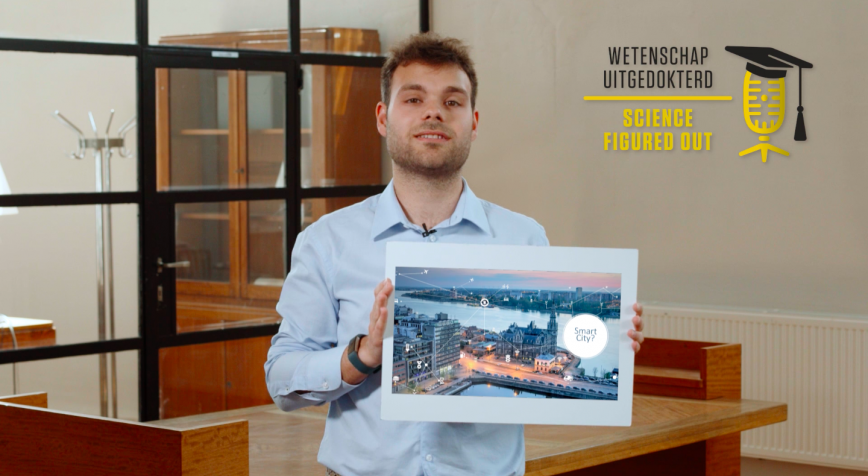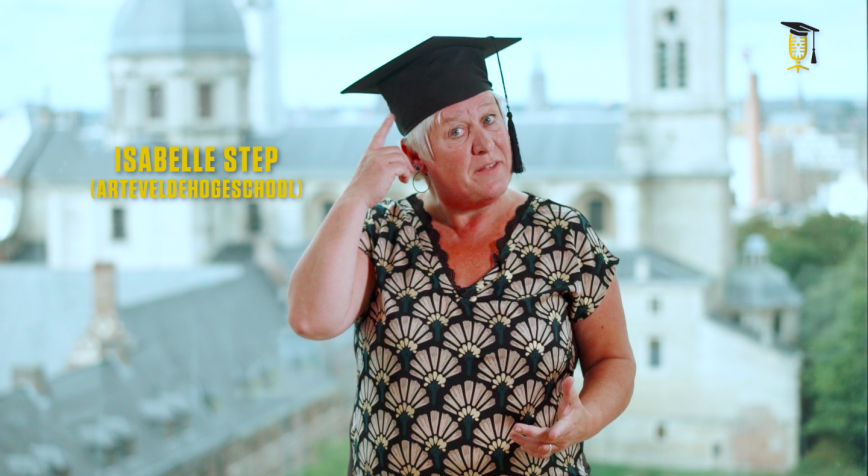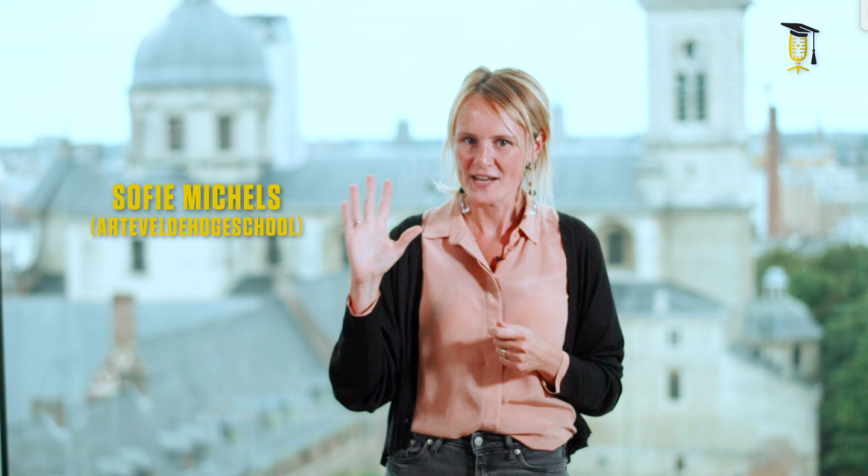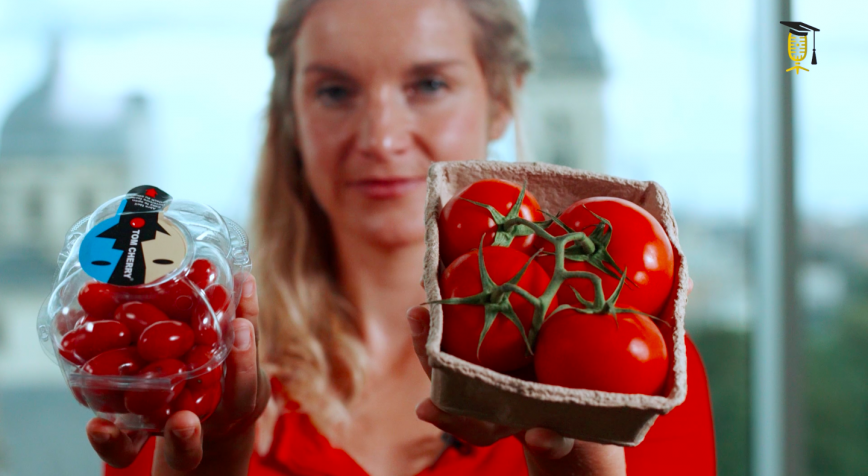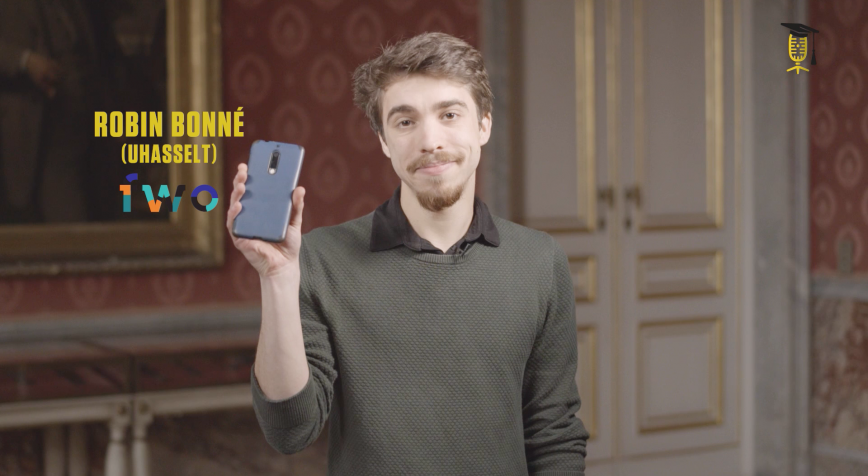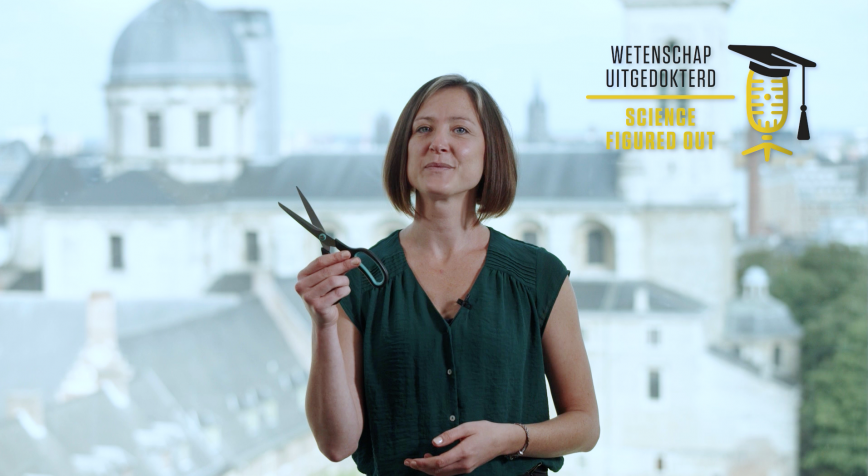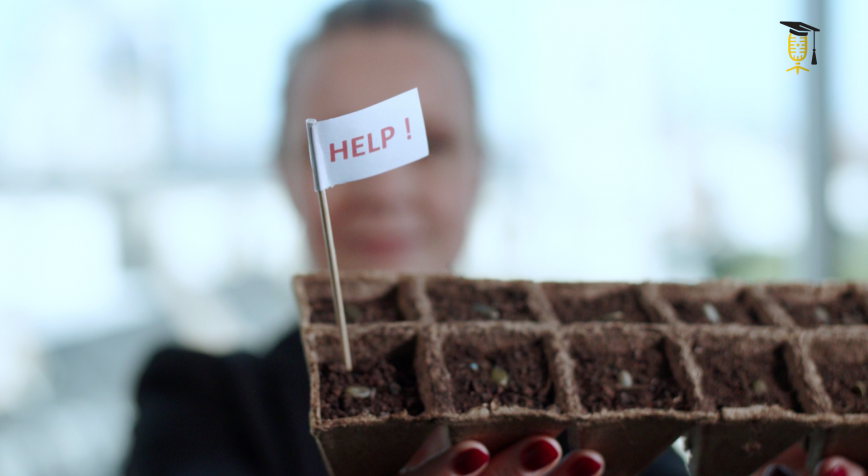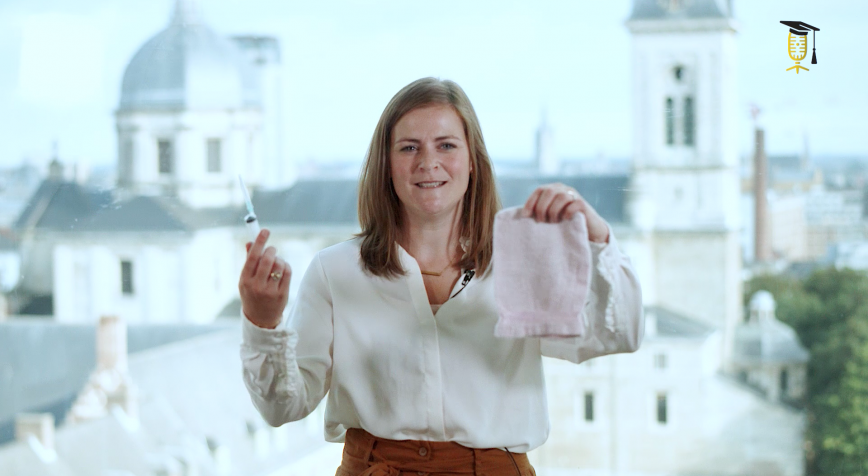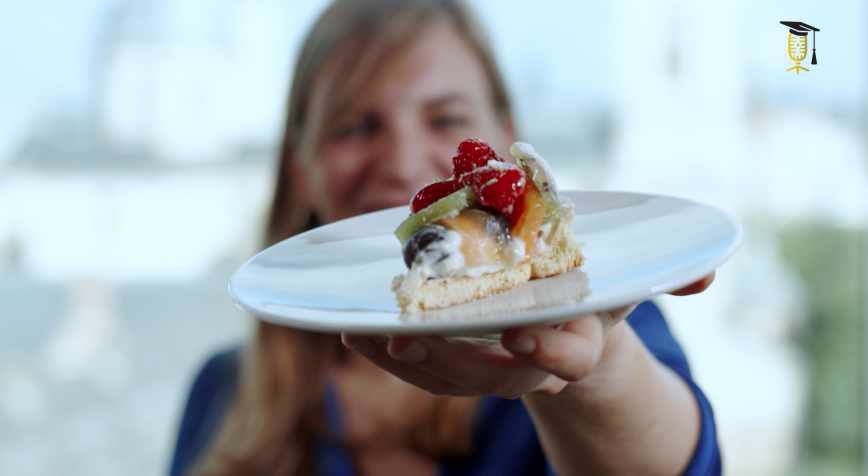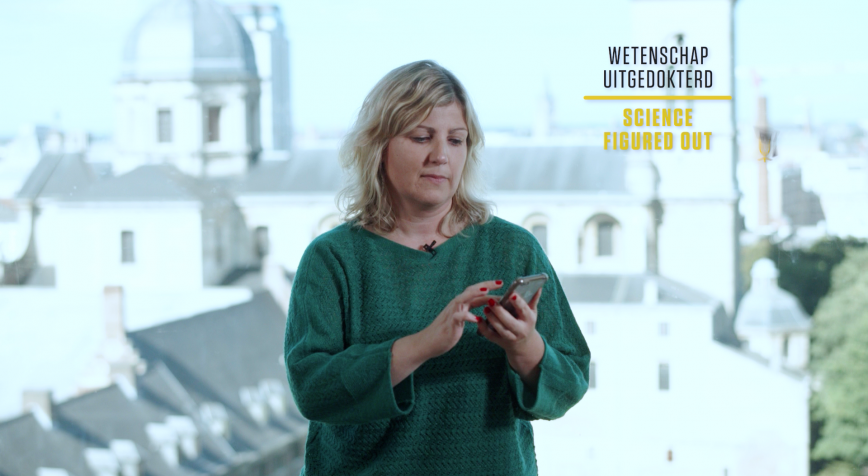
imec
KU Leuven
VUB
A dog's nose in your smartphone
A dog's nose is one of the most powerful sensors we have. Trained dogs are even able to detect early signs of certain diseases by sniffing our breath. As this would not be very practical, Alex Cruz is looking to integrate a doglike 'nose' in our smartphones to do the trick.
